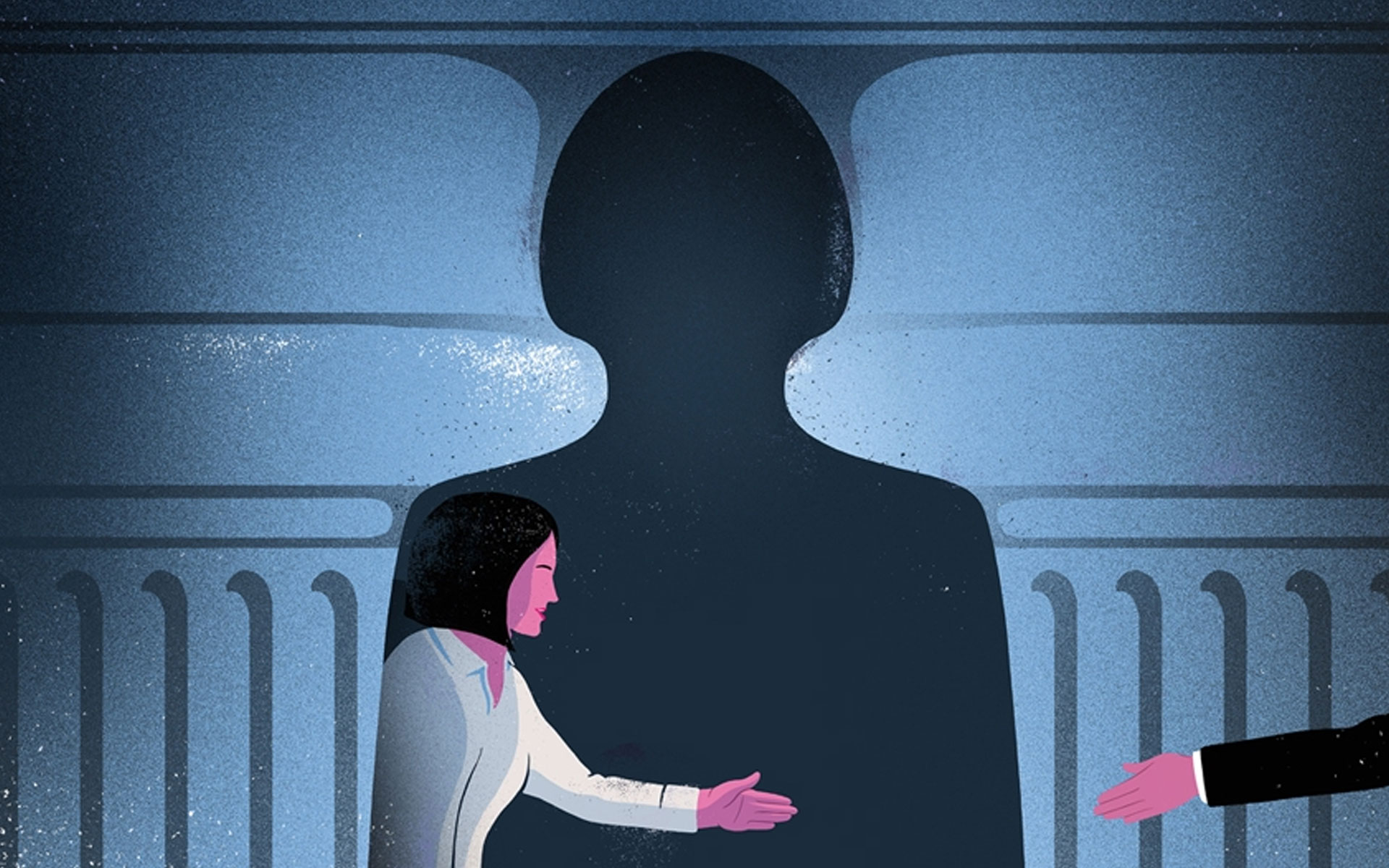Subscribe
Price and quality were once considered the dominant forces behind consumer decisions. But, according to recent findings by Siddhanth Mookerjee, Assistant Professor of Marketing at McGill University, this isn’t the full story. Personal morals and ideology play an increasingly important role in how consumers make purchasing decisions – particularly when it comes to supporting minority-owned businesses.
“The marketplace is no longer ideologically neutral,” said Mookerjee on the McGill Delve podcast. “We are seeing increasingly, especially in this research, that consumers are driven by their own morality, their own self-image, their identity.”
This isn’t entirely new knowledge. Corporate social responsibility has been popular for years among firms pining for values-driven consumers. But Mookerjee and his co-authors go a step further in their research, looking closely at how consumer choices intersect with personal beliefs about racial justice.
They found that consumers harbouring feelings of white guilt were more likely to accept higher prices and lower quality ratings from minority-owned businesses. White guilt was also a stronger and more consistent predictor of consumer behaviour than other ideological markers, such as political affiliation, race, and religiosity.
“That’s different and not typical of consumer behaviour as we know it,” said Mookerjee. “Moral motivations are so powerful that they can be the main driver of consumer purchase.”
These findings are a big deal for racialised business owners – especially those who have suffered due to systemic discrimination. These businesspeople can appeal to consumers’ sense of morality and racial justice to attract their support. Mookerjee’s findings also underscore the importance of social and moral positioning in today’s ideologically driven markets.
Reparative consumerism
White guilt is a feeling among some racially White people that they are responsible for racial injustices, past and present, and want to do something about it, said Mookerjee. This sense of responsibility translates into corrective action – choices that go beyond traditional economic logic and into the realm of identity and morality.
When given a choice, consumers with white guilt will buy a pair of shoes from a minority-owned business even if the same product is available at a non-minority-owned business for less cost. They will also shop at a minority-owned business even if it has lower online ratings than comparable non-minority-owned ones.
“They feel more moral about supporting these businesses,” said Mookerjee.
His findings come from an analysis of American consumer behaviour. The history of the United States is fraught with examples of systemic discrimination against Black Americans and those of other ethnicities. Well into the 20th century, racial segregation forced a divide between Black-owned businesses and businesses intended just for Whites. And to this day, Black-owned businesses are less likely to remain open four years later, compared to White-owned businesses. This is in part due to systemic discrimination when trying to raise capital or acquire bank loans.
So for Americans with white guilt, consumer choices are a kind of reparative act. But with a catch.
“We found that consumers only support Black-owned businesses if the owner actually signals a disadvantage,” said Mookerjee.
For white guilt to motivate a purchase, the business must appear to be connected to this history of systemic discrimination. Consumers might read in the news about a Black-owned car dealership’s struggles securing business loans. Or they might see on social media that their favourite immigrant-owned café was vandalised on the weekend.
“It is somewhat conditional. And it’s based on this notion of perceived injustice,” said Mookerjee.
The conditionality of white guilt-driven consumerism raises questions about the reparative power of this act. For consumers, it can be a way to alleviate guilt, creating what’s colloquially known as a “warm glow effect.” Consumers feel good (i.e. feel a “warm glow”) when they feel their purchases align with their values. But if they’re acting to alleviate their own feelings of discomfort, is it a genuine act of reparation?
“It’s complicated because the support is real,” said Mookerjee.
Minority businesses are more likely to suffer poor outcomes due to systemic discrimination. People who experience white guilt are more likely to purchase from minority businesses. Regardless of the intent behind the act, the result is the same: more revenue for marginalised business owners.
Mookerjee’s findings speak to the changing nature of markets. If businesses were once seen as apolitical, that’s no longer the case, he said. Now they’re expected to take some kind of ideological stance, despite fear of potential backlash. Silence isn’t an option.
“Even neutrality or being silent in today’s world means that you’re taking a stance,” said Mookerjee.
On the McGill Delve podcast, Mookerjee explains how brands should navigate an increasingly ideology-driven market. Listen here or search “McGill Delve” wherever you download podcasts.
This article was written by Eric Dicaire, Managing Editor, McGill Delve











